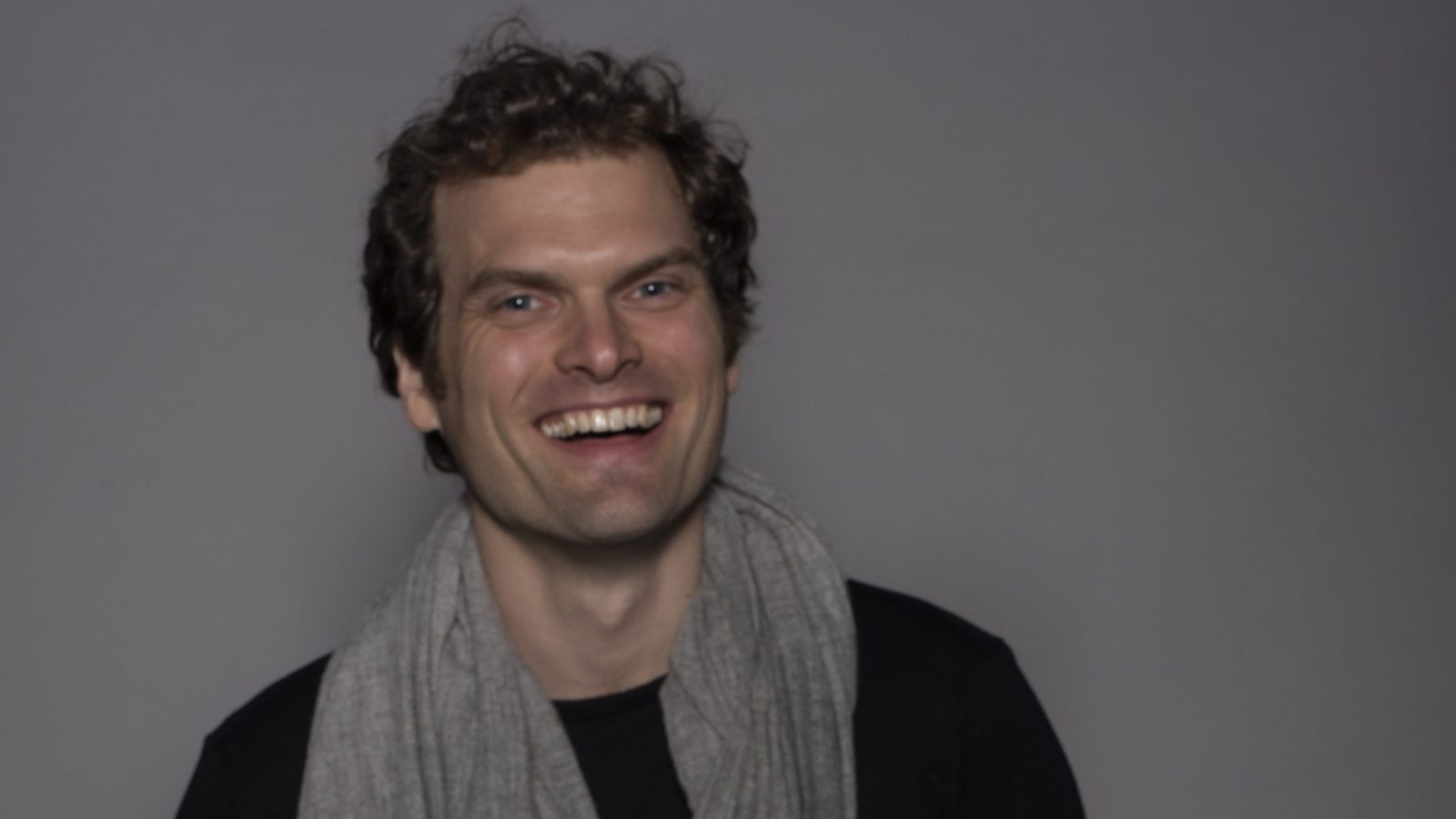A decade into his professional career, accomplished British pianist and composer Andrew McCormack has hit upon a rich vein of form with his latest project Graviton. Having spent time in New York, he entered the studio with vocalist and partner Noemi Nuti, plus a host of top notch musicians to realise a progressive collection of compositions, the build upon McCormack’s body of previous work. Now primed to realise these electrifying tracks in the live setting; he arrives at Band on the Wall on Thursday, supported by local creatives Tryon Collective. Anticipating a gripping set, we spoke to McCormack about academia, his time in NYC and his band for the performance.
Your professional career began just over a decade ago, after time studying at the Guildhall School of Music. How important was your musical education and mentorship to the musician you have become today and looking back over your decade of musical activity, what have been the outstanding moments thus far?
‘It’s an interesting question because I don’t feel my mentorship has ever ended, if anything I feel like there is more and more to learn everyday. The Guildhall was a wonderful time for me though, because for the first time I was surrounded by peers who were into the same things as me and in some cases light years ahead of me in terms of ability; What a humbling experience to have a fellow classmate storm through Prokofiev’s 6th Piano Sonata at 10am on a Monday morning?! At that time, the classical training was critical but Simon Purcell, my jazz teacher, became a mentor and transformed my playing. He would mostly focus on technical skill, whilst nurturing and encouraging my individual artistic ideas and curiosity. It was during this time I also discovered the music of Mark Anthony Turnage which began a journey into contemporary classical composition, eventually learning with the composer himself many years later and culminating in a commission for the London Symphony Orchestra premiering my piece, ‘Incentive’ at the Barbican in 2009 with a subsequent recording on their Panufnik Legacies CD.’
The name of your latest album and ensemble, Graviton, hints at your scientific interest. Was science a favourite subject of yours during full-time education or is it something that has become of greater interest as an adult?
‘I was not massively academic at school and if anything I would struggle to meet the commitments of all my subjects, as all I wanted to spend my time on was music. I suppose I have always had a slight gravitation (!) towards method; you do this and do that and then get this result. Which you can obviously see in science but also in music, especially composition and even certain things you can do in improvisation. But lately, thanks to my partner, Noemi I’ve gotten into watching documentaries on YouTube about the universe, the Big Bang and everything in between. It really stirs the imagination and sense of wonder. I often have my tiny mind blown with new revelations and ideas in areas that are still at the very frontier of our understanding…!’
When did you first recognise correlations or relationships between science and music and are you the type of composer who applies scientific or mathematical theories to composition, or do you prefer to create more organically and assess properties of a composition retrospectively?
‘It’s not new but I love to use the golden ratio proportions in my composing. It comes from what is also known as the Fibonacci sequence and the shapes you get are everywhere in nature. The spiral you see in a sunflower or even a spiral galaxy share this proportion.
It’s a signature of organic growth and something that composers such as Debussy and Bartok used. Once you know what to look for, you can also see in paintings and photography all the time…even Instagram has a grid to help you edit your photo to these proportions! Having said that, I also sometimes favour just writing very intuitively and then just tightening or editing out the stuff we don’t need.’
You spent time in New York prior to recording the latest LP; a place where terrific music continues to be made and that presumably still has a strong jazz scene. What was your experience of the City like and was your time there spent immersed in music or looking further afield?
It was a crucial time and a period of significant growth not just in music but also as a person. It was a chance to really dig deep and discover new things about myself and what I might have to offer the world. It’s funny that the musical result in Graviton is not what you might suppose a typically “New York Jazz” album to sound like but I wanted to make something that might stand out and hopefully be somewhat unique.
London’s contemporary jazz scene and its many artists bridging gaps between traditional and contemporary musical styles, are registering internationally. Who sticks out to you a special talent from the scene and the musicians you have worked with? Was working with an artist like Shabaka or a vocalist like Eska an eye-opening experience?
I’d certainly single out Shabaka and ESKA alongside Rob and Anton as international quality musicians and I was kept on my toes throughout. I would recommend seeking out their individual projects if you haven’t already.
Anton Eger is one of the most accomplished drummers we’ve had the pleasure of witnessing at Band on the Wall – does he feature in your live line-up and can you introduce the rest of the players joining you for the show on 1st February?
I’m delighted that Anton will be with us at Band on the Wall, alongside Rob Mullarkey on Bass. The wonderful Noemi Nuti is on vocals and a young man making quite a name for himself at the moment, Leo Richardson is on sax.
What were your favourite albums of last year and are there any projects you’re excited to hear in 2018?
Perhaps a little overlooked critically but Tigran Hamasyan released a beautiful solo album, ‘An Ancient Observer’ and I’m looking forward to seeing his Barbican concert in London in the summer. I’m always keen to hear what he is doing as he is clearly on a major artistic journey and what a delightful privilege it is to be able to watch it develop year by year!



